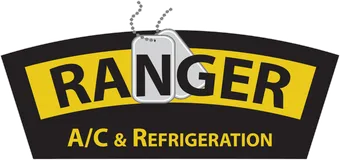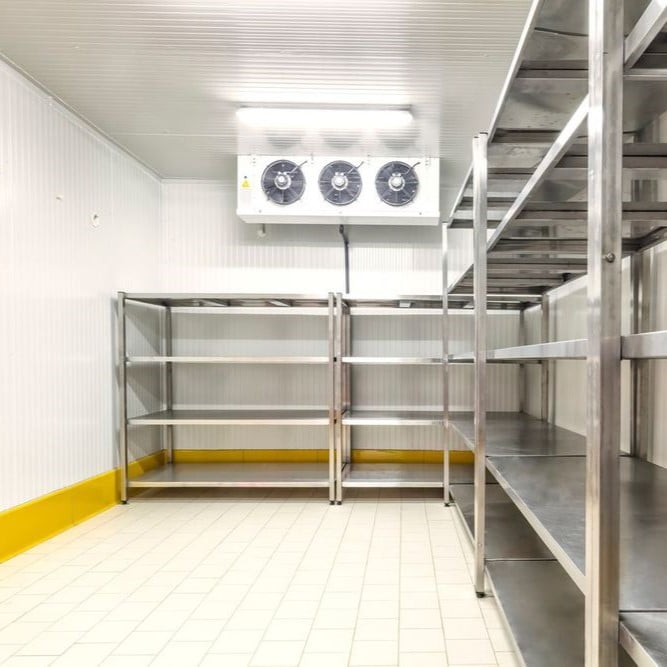Commercial refrigeration plays a vital role in keeping businesses like restaurants, grocery stores, and food service establishments running smoothly. Without proper refrigeration, spoilage increases, food safety is compromised, and profits can take a severe hit. Given its importance, ensuring your system is functioning at peak performance is non-negotiable. In this blog post, we’ll explore common refrigeration issues, key warning signs, the benefits of seeking professional assistance, and the critical role of regular maintenance in prolonging the lifespan of your refrigeration system.
Common Issues with Commercial Refrigeration
Problems with commercial refrigeration systems can arise from wear and tear, environmental factors, and improper maintenance. Some of the most common issues include:
- Temperature inconsistencies: When your refrigeration equipment isn’t maintaining the proper temperature, it could be due to a faulty thermostat, clogged condenser coils, or refrigerant leaks.
- Frost build-up: Excess frost or ice on evaporator coils can hinder cooling efficiency and may signal airflow issues or a malfunctioning defrost system.
- Leaking refrigerant: If the unit is losing refrigerant, it might result in poor cooling and higher energy costs. Worse yet, refrigerant leaks could be harmful to the environment.
- Unusual noises: Loud or unusual sounds may indicate problems with internal components, such as the compressor or evaporator fan.
- Power supply issues: Frequent power interruptions or the inability to turn the unit on or off can stem from electrical problems or failing components like the startup relay.
Ignoring these issues can escalate repair costs and increase the likelihood of downtime, creating complications for your business.
Warning Signs Your Refrigeration Equipment Needs Attention
Catching warning signs early can prevent costly repairs or system failures. Be on the lookout for the following:
- Fluctuating Temperatures: Any inability to maintain consistent temperatures is an immediate concern.
- Higher Energy Bills: A sudden increase in energy consumption could mean your system is working harder due to inefficiency.
- Odd Odors: Unpleasant smells might result from food spoilage, mold, or internal component malfunctions.
- Water Leaks: Condensation or pooling water often signifies blocked drain lines, damaged seals, or humidity control issues.
- Frequent Compressor Cycling: If your compressor turns on and off more than usual, it could indicate issues with internal components or refrigerants.
By addressing these signs promptly, you can save costs and protect the integrity of your refrigeration system.
The Benefits of Contacting a Professional
While some minor fixes may seem tempting to handle in-house, commercial refrigeration systems are complex and require expert attention. Here’s why contacting a professional is essential:
- Accurate Diagnosis: Certified technicians have the training and tools to identify and resolve issues at their root.
- Cost-Effective Repairs: Professionals can prevent small issues from turning into expensive repairs or replacements.
- Minimized Downtime: Quick and effective service ensures your business stays operational.
- Improved Efficiency: A skilled technician can optimize your refrigeration system to reduce energy consumption and operating costs.
- Warranty Protection: DIY repairs might void your manufacturer’s warranty, while professional services ensure the warranty remains intact.
Professional technicians are invaluable when it comes to protecting your investment and maintaining peace of mind.
The Importance of Regular Maintenance
Routine maintenance is the cornerstone of a reliable and efficient refrigeration system. Regular upkeep allows you to:
- Extend Equipment Lifespan: Routine maintenance helps prevent wear and tear, prolonging the life of your refrigeration units.
- Optimize Efficiency: Clean coils, proper airflow, and regular inspections ensure your system operates efficiently, reducing energy costs.
- Prevent Downtime: Maintenance reduces the risk of unexpected failures, keeping your business running without disruptions.
- Save on Repairs: Identifying and addressing minor issues early eliminates the need for costly emergency repairs.
Key Maintenance Tasks Include:
- Cleaning condenser and evaporator coils.
- Checking refrigerant levels to avoid leaks.
- Inspecting and replacing damaged seals.
- Verifying the functionality of temperature controls and sensors.
- Ensuring proper air circulation inside the unit.
By scheduling periodic inspections and maintenance, you can avoid costly breakdowns and ensure your refrigeration equipment performs reliably.
Final Thoughts
Commercial refrigeration is an indispensable part of businesses that rely on preserving perishable goods. Staying proactive by addressing warning signs, contacting professionals for repairs, and committing to regular maintenance is crucial for long-term success.
By prioritizing the health of your refrigeration equipment, you not only protect your inventory but also safeguard the reputation and bottom line of your business. Stay vigilant, and don’t hesitate to call in the experts when needed!

